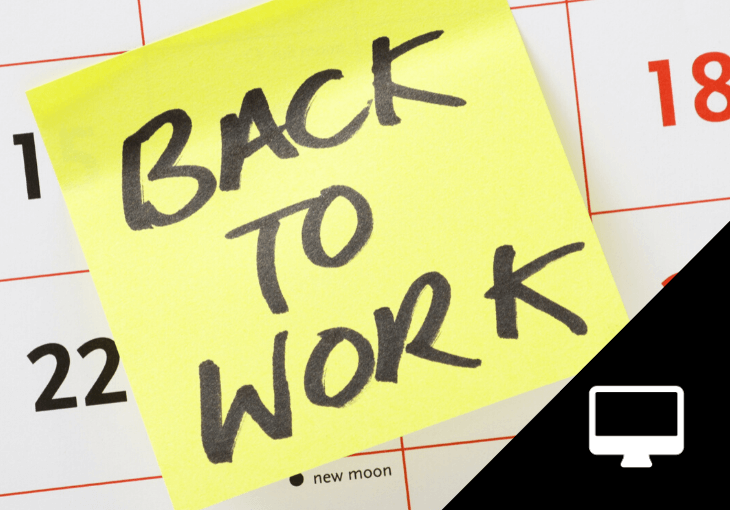Natural disasters, pandemics or other unexpected significant events that are out of the employer's control can cause havoc with running a business, let alone keeping it open. There are options for the employer to consider and in this article we highlight some of the primary considerations. ABLA encourages employers to work with their employees to ensure the health and safety of their workers during such challenging times. In addition, there are options available for an employer to consider:
Managing Staff During a Natural Disaster
If the business is not able to open due to the significant natural disaster, there are stand down procedures under the Fair Work Act which businesses can utilise. Section 524 of the Fair Work Act 2009 (Cth) allows employers to stand down employees without pay if they cannot be usefully employed due to a stoppage of work outside the employer’s control (eg, natural disasters).
During the stand down period, the employer is not obligated to pay its employees, unless an award or an agreement provides otherwise. It is important that the employer must be able to demonstrate that:
-
there is a stoppage of work;
-
the stoppage is directly linked to/as a result of the natural disaster/pandemic; and
-
the employees cannot be usefully employed.
This means that the employer must consider other alternatives before it can lawfully stand down its employees. This will include a consideration of whether there is an ability for employees to work remotely and/or whether there are any available alternative duties within the employees’ skill level and expertise which can be performed.
Having regard to the above, if the employer still needs to stand down its employees, the employer should provide written notice to affected employees, which sets out:
-
the reason for the stand down (eg, workplace closure due to significant weather event)
-
the expected duration (if known)
-
the entitlements (such as annual leave) that can be accessed during this period
-
the employee’s right to request to use annual leave or other paid entitlements.
Work from Home Provisions
If working from home is practicable, employers must confirm if the employee’s home environment is safe to do so. This includes (but is not limited to) checking that essential safety measures are in place, such as safe entry and exit points, no exposed power lines, and the absence of any potential hazards.
Employers are reminded that they still have a duty of care to ensure the health and safety of employees working from home. This includes providing employees with advice, equipment or risk assessment checklists (where appropriate).
Paid Leave and Payroll Flexibility
If employees are unable to attend work, the employer is not required to pay them. However, before making any decision, the employer should first explore options such as:
Where employees are stood down without pay (see stand down discussion above), employees can request to use their annual leave to continue receiving pay during the stand down period. Employers cannot unreasonably refuse the request.
Employers may also wish to consider temporary changes such as reduced hours, job-sharing or leave without pay (subject to employee agreement).
Temporary Role Changes
If different duties are required to be performed, and there is no contract and/or award provision to the contrary, the employer can issue a lawful and reasonable direction to perform those tasks. This might be important to help the business recover from any damage caused by the significant weather event or other adverse consequences.
However, the employer must ensure that the temporary role can be safely performed and is not inconsistent with any contractual, award and/or agreement obligations.
Managing Return to Work Risks and Safety Equipment Requirements
Employers must conduct risk assessments to ensure the workplace is safe before returning to work. This might include structural safety checks, hazard removal and restocking emergency equipment.
Discuss safety measures and consult with employees and ensure that any return to work plans are consistent with government advice/directives.
Other Considerations
Employers should continue consistent and regular communication during this period. If available employers should remind employees they can access their Employee Assistance Program resources or other mental health support during this challenging time.
If you are in doubt about how to manage your employees during a significant weather event or other situation out of your control, always seek legal advice before executing orders to your employees. This could save you more trouble and money down the track.


